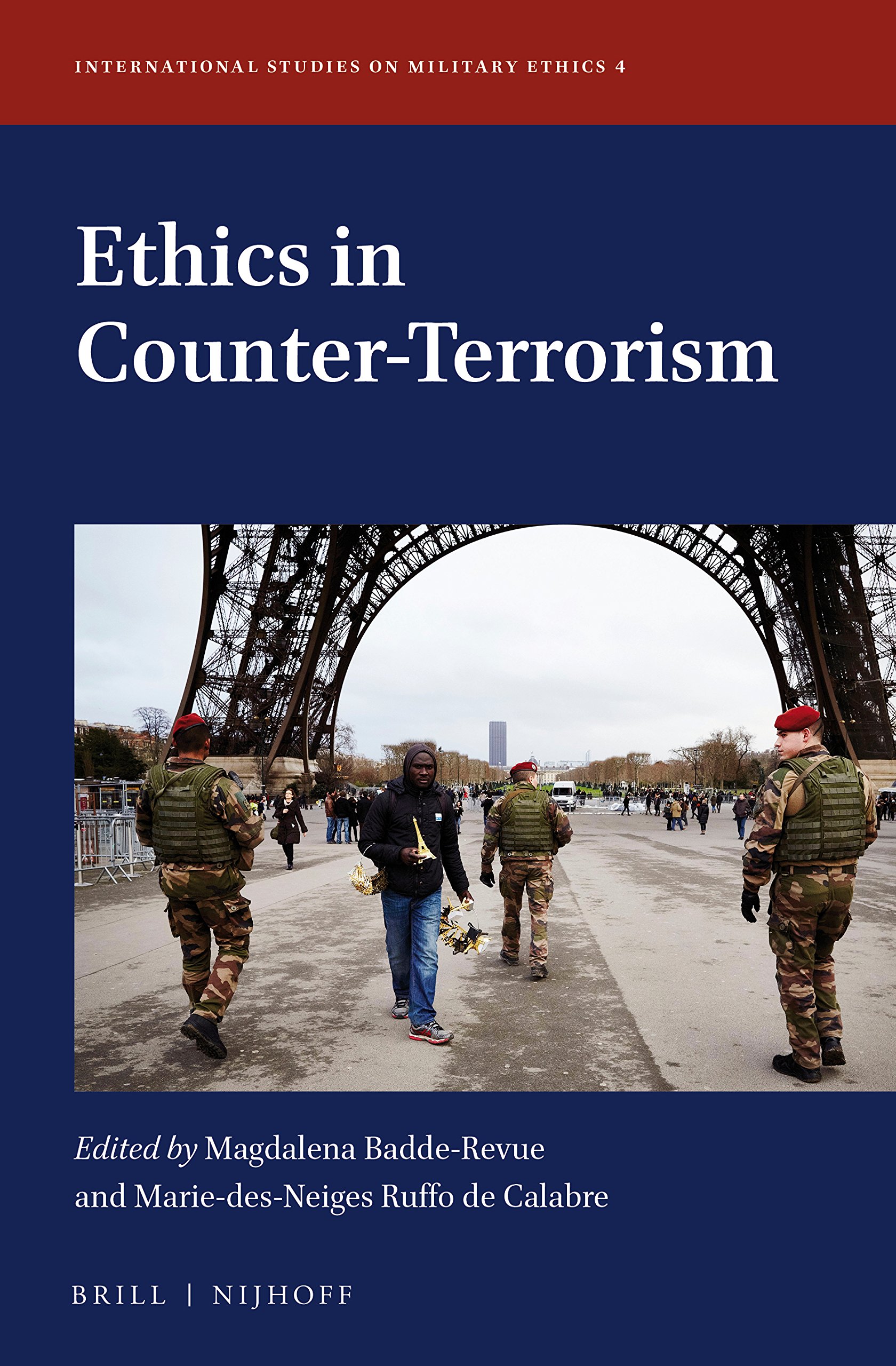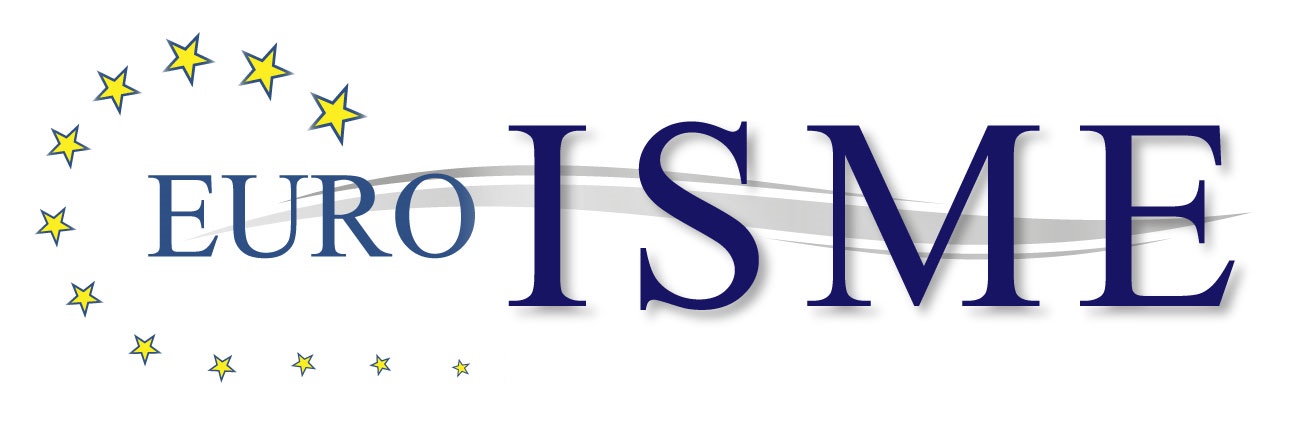Editors: Magdalena Revue and Marie-des-Neiges Ruffo de Calabre
Abstract: European armed forces have frequently had to participate in counter-terrorist operations while abroad. For many, however, counter-terrorist operations in their home country are a relatively new phenomenon. Armed and uniformed soldiers can now be seen doing work which is, in some respects, comparable to that of the civilian security forces. What are the ethical implications of this phenomenon? To what extent does it change the relationship between the soldier and the democratic state? Do emerging technologies encroach on democratic freedoms? Does the phenomenon re-define the relationship between the police and the military? Under what conditions can soldiers trained to achieve victory by force of arms, be used effectively in crowded city centres? Conversely, do we also risk over-militarising our police?
DOI: https://doi.org/10.1163/9789004357815
Publisher's Website: https://brill.com/view/title/35980
